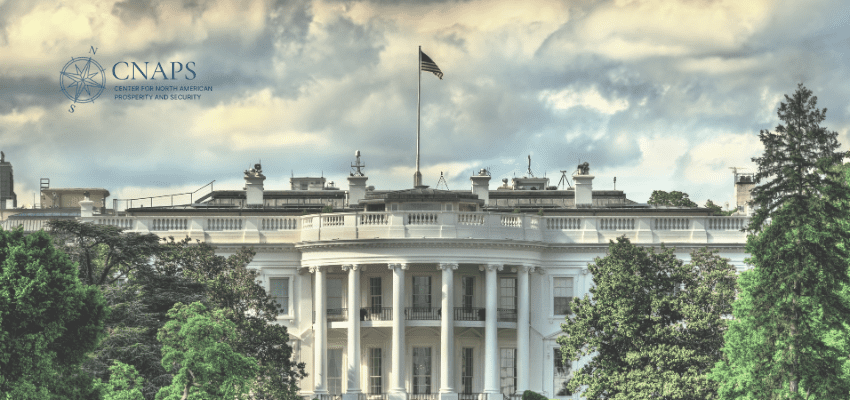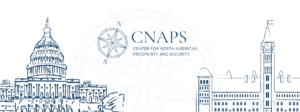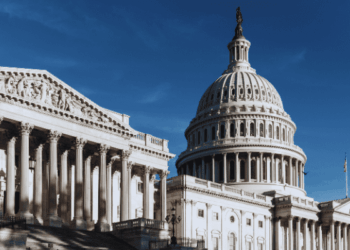This article originally appeared in the Wall Street Journal. Below is an excerpt from the article.
By Philip Cross, March 19, 2025
It’s natural for Canada to respond to the barrage of U.S. tariffs by threatening retaliation. But an escalating trade war plays into President Trump’s hands and risks higher inflationary pressures in both countries. A better strategy is to let tariffs raise prices until American consumers and producers pressure Mr. Trump to reverse the damage.
There’s a myth floating around that Canada doesn’t really need the U.S., and that the answer to Mr. Trump’s aggression is simply to diversify Canada’s export market. This isn’t true. Yes, Canada should use the disruption of trade with the U.S. to diversify some exports to other countries. Limiting oil and gas exports to the U.S. would depress Canada’s export prices and cost tens of billions of dollars in lost revenue, and Canada’s ability to sell oil and gas in overseas markets has been severely restricted by its cancellation of major pipeline projects.
But Canada’s ability to diversify export markets is limited. These markets often don’t exist, even if Canada had free-trade deals with all the Group of Seven nations. Most international trade occurs within three regional trading blocs—Southeast Asia, Europe and North America. Geographic proximity is crucial, and much international trade is the movement of products between companies within supply chains. Opportunities to diversify such trade, especially Canada’s auto exports, outside North America are essentially nil…
***TO READ THE FULL ARTICLE, VISIT THE WALL STREET JOURNAL HERE***
Philip Cross, a former chief economist at Statistics Canada, is a senior fellow at the Macdonald-Laurier Institute and a contributor to the Center for North American Prosperity and Security.









